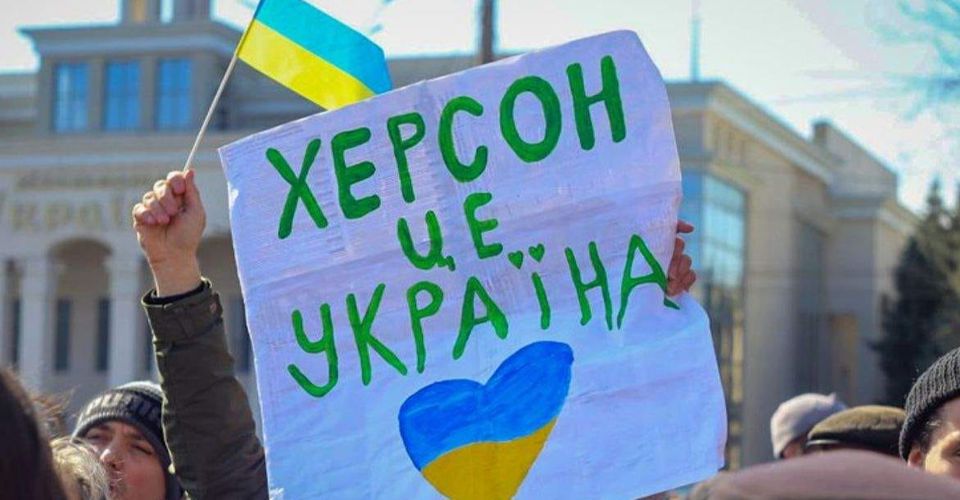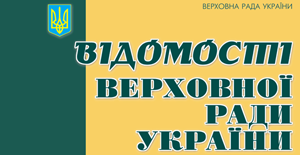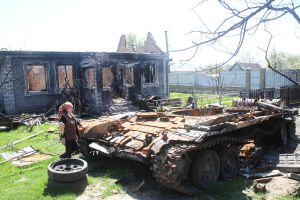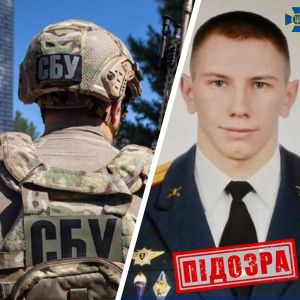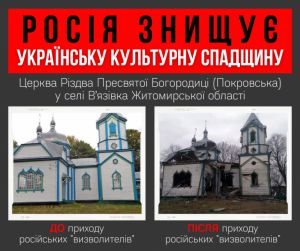The tougher russian occupants act while implementing their «new order» in Kherson and the more they talk about the so-called «Kherson people’s republic», the more people want to leave the region, theyr houses and belongings. But the «russian world» grabs people every way that it can, holding them tightly. Here’s one of such stories.
«We were not going to live in «Kherson people’s republic» anyway, but it was too dangerous to leave as the fights took place around the city. The invaders blocked the way to Snihurivka and on to Mykolaiv region even before the people made their mind and got ready to go. So they tried the other way, the one across Beryslav to Dnipro.
«We were not the ones who chose to do so. An entire convoy of refugees gathered on the way out of Kherson, and it stretched for a few kilometers. Russian serviceman on the first checkpoint opened the trunk, saw that there was a lot of stuff, and asked me: «Are you leaving?» I said yes. He replied: «You will not make it». I told him I’d try. He just shrugged and let us go», says Oleksandr, Kherson resident.
«We passed a lot of checkpoints on the way to Beryslav. There were fighters of the so-called «Donetsk People’s Republic» on all of them; they must have been drafted into the military. The difference between them and the russian soldiers that we saw near Kherson was stunning. Russians wore well-knit uniform, ballistic masks and modern helmets. The fighters from the non-recognized republics wore different uniforms and did not have any ballistic masks, and their helmets originated from the Second World War. Their armament was just as obsolete; they carried the SKS carbines. There were no vehicles nearby. The roadblocks are hastily reinforced with sand bags, covering them with soil and some sheets of plastic. I am no expert in warfare, but it is quite clear, even without such expertise, that such «fortress» would be leveled in the blink of an eye, along with the forces that guard it».
«These fighters did not ask for any food, and they did not take any money. One of them, though, looked in my bag, saw a bottle with alcohol and ecstatically asked if he could take it. «Sure», I replied. How do you say no? But they stopped a convoy near Beryslav. We stood there without any movement for two hours or so».
The man from a car next to us approached the checkpoint to ask when they were going to let the people go. They told him they wouldn’t do it at all because they were «getting ready for an offensive». The citizens had to get back to Kherson where explosions would be heard all the time; artillery and multiple launch rocket systems were shelling the vicinities. On the other hand, some people left in Beryslav or Davydiv Brid, the village next to the road; they wait for a better chance to pass.
About eleven light-duty cars left the main convoy; a pathfinder they ran into volunteered to take the people to the free territory using some «ant trails» he knew. Some of the passengers in these cars left their contacts, but they haven’t returned any calls since then, and no one knows of their whereabouts. The other refugees assume they encountered a landmine or end up under the shelling on the frontline. The thing is, such incidents with refugees who take huge risks are reported every day. However, the phrase «excessive risk» is hardly appropriate here. Even a basement deep down under the ground is not your best guarantee to survive at war.
Kherson.


